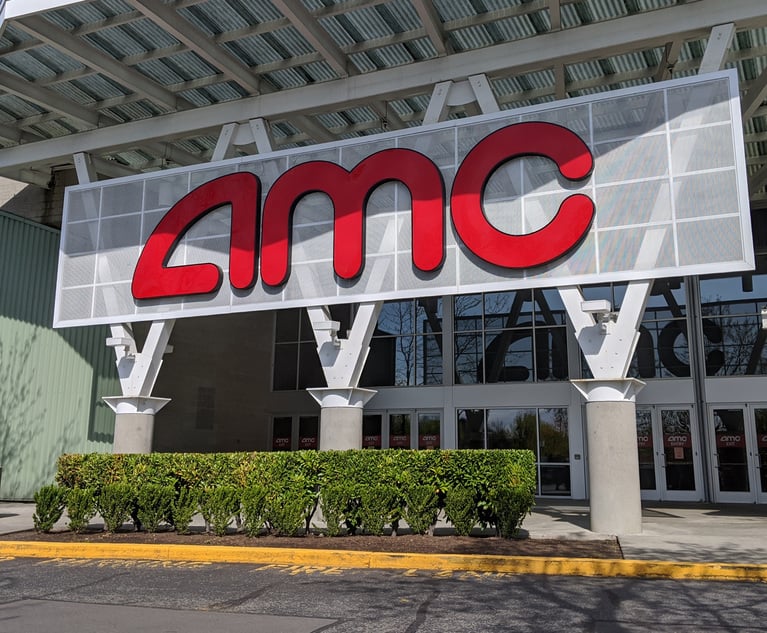Judicial proceedings to confirm or vacate arbitral awards can create a conflict between the presumption that judicial proceedings are public and the expectation that arbitrations are private. To alleviate this conflict, the Delaware Court of Chancery Rule 5.1 permits parties to seek protected treatment to prevent the disclosure of truly confidential information in public filings. A recent case, Soligenix v. Emergent Product Development Gaithersburg, C.A. No. 2022-0880-PAF (Del. Ch. Feb. 21, 2023), called upon the Court of Chancery to answer the related questions of whether arbitration materials automatically qualify for confidential treatment under Court of Chancery Rule 5.1, and if not, whether the calculus changes when parties earlier stipulated to treat the arbitration materials confidentially. As the court explained, precedent and policy indicate the answer to both questions is “no.”
Background
Petitioner Soligenix, Inc. (Soligenix) petitioned the Court of Chancery to vacate an arbitration award in favor of respondents Emergent Product Development Gaithersburg, Inc. and Emergent Manufacturing Operations Baltimore LLC (collectively, Emergent).
This content has been archived. It is available through our partners, LexisNexis® and Bloomberg Law.
To view this content, please continue to their sites.
Not a Lexis Subscriber?
Subscribe Now
Not a Bloomberg Law Subscriber?
Subscribe Now
LexisNexis® and Bloomberg Law are third party online distributors of the broad collection of current and archived versions of ALM's legal news publications. LexisNexis® and Bloomberg Law customers are able to access and use ALM's content, including content from the National Law Journal, The American Lawyer, Legaltech News, The New York Law Journal, and Corporate Counsel, as well as other sources of legal information.
For questions call 1-877-256-2472 or contact us at [email protected]


 R. Eric Hacker of Morris James. Courtesy Photo
R. Eric Hacker of Morris James. Courtesy Photo




